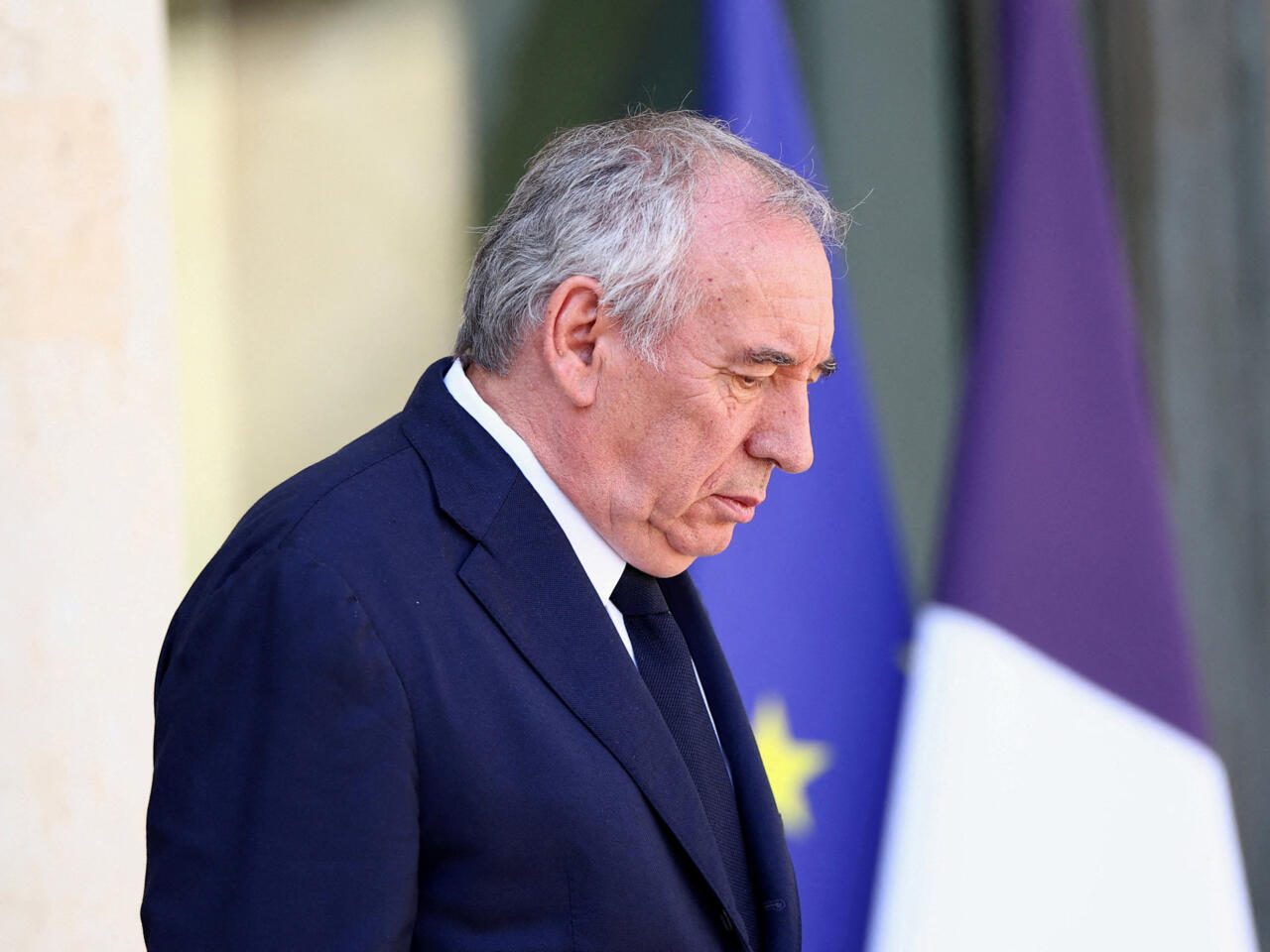Francois Bayrou was ousted as French prime minister after losing a confidence vote in the National Assembly, worsening the political instability in France. His minority government fell after failing to secure support for a 2026 budget aimed at reducing the country’s large deficit.
Bayrou himself called the vote but could not gain backing from rival parties. The budget included around 44 billion euros in cuts and tax hikes, aiming to lower the deficit from 5.8% of GDP in 2024 to 4.6% by 2026—still above the EU’s 3% limit.

President Emmanuel Macron must now appoint a new prime minister, the fifth in under two years, likely another centrist to lead a minority government amid strong opposition. Last year’s snap elections left no clear majority, making reforms and fiscal tightening difficult as parties on both sides resist austerity.
Bayrou’s fall follows Michel Barnier’s government collapse last December after a no-confidence vote triggered by Barnier bypassing parliamentary approval for a social security bill. Repeated government failures show ongoing political fragility and complicate efforts to tackle inflation, energy policy and economic growth.
With the 2027 presidential election approaching, Macron’s next appointment will be crucial for political stability and the success of his economic agenda amid continued parliamentary deadlock.












